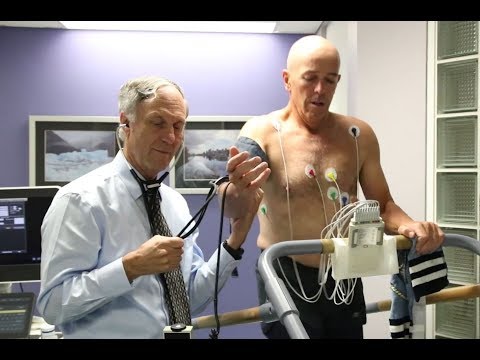-
-
5Ob, Alafe Junction, Along Idanre Road, Oke Aro Street,
Akure, Ondo State, Nigeria

The Persantine Cardiolite Stress Test, also known as a pharmacologic or chemical stress test, is a non-invasive imaging test designed to assess blood flow to the heart muscle. This test is an effective diagnostic tool for patients who may not be able to perform a traditional treadmill stress test due to mobility limitations or other health conditions. By simulating exercise effects on the heart through medication, the test evaluates heart function, identifies areas with reduced blood flow, and helps in diagnosing coronary artery disease (CAD).
Patients are typically asked to avoid caffeine and certain medications before the test, as these may interfere with Persantine’s effectiveness. This test is generally safe, though some individuals may experience side effects like flushing or shortness of breath, which can be reversed if needed.
Each consultation begins with a detailed review of the patient’s medical history, current symptoms, lifestyle habits, and specific health concerns. Our experienced team of physicians and health professionals utilizes this information to gain a comprehensive understanding of each patient's health status, focusing on early detection, prevention, and effective management of both acute and chronic conditions.
Philips’ state-of-the-art imaging technology and experienced cardiac specialists ensure accurate, comprehensive assessments of heart function. Our focus on safety, comfort, and patient education means patients receive both high-quality diagnostic insights and supportive care throughout their cardiac evaluation.